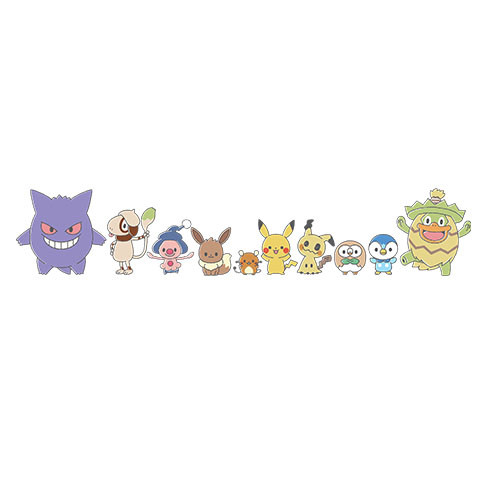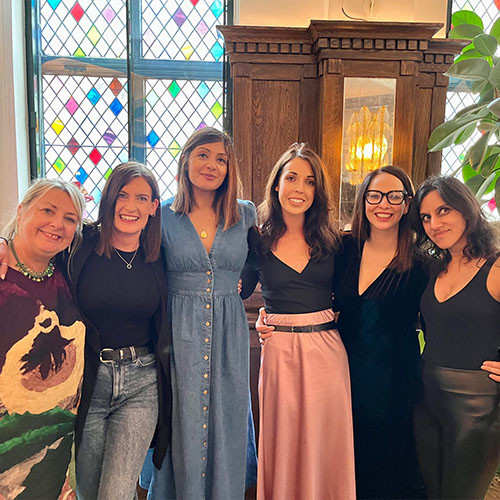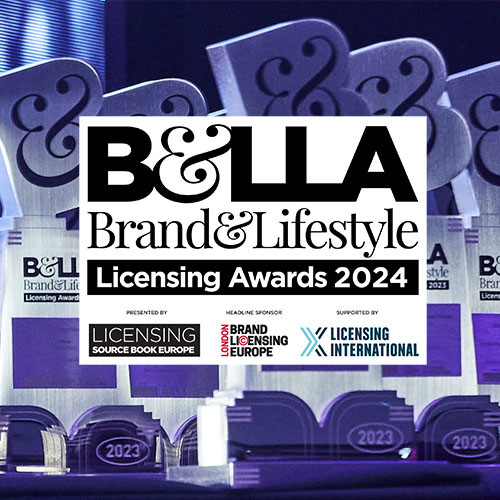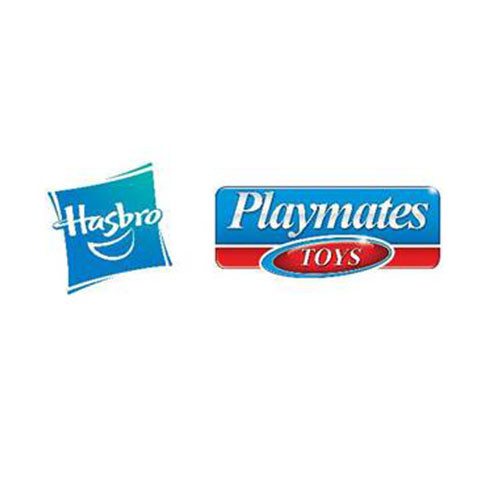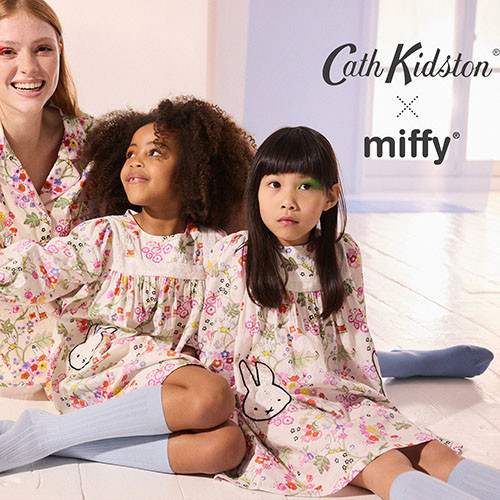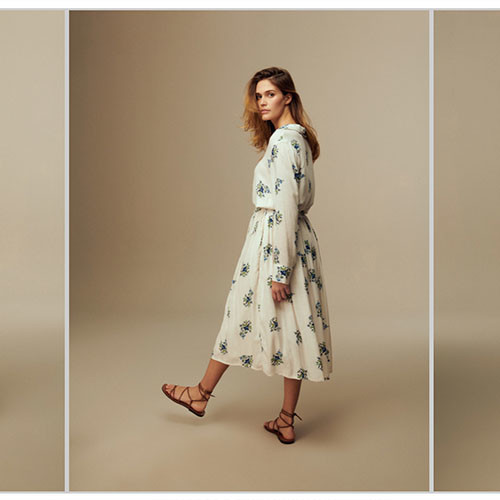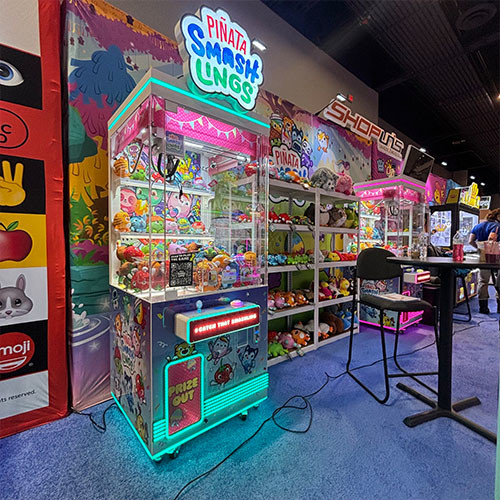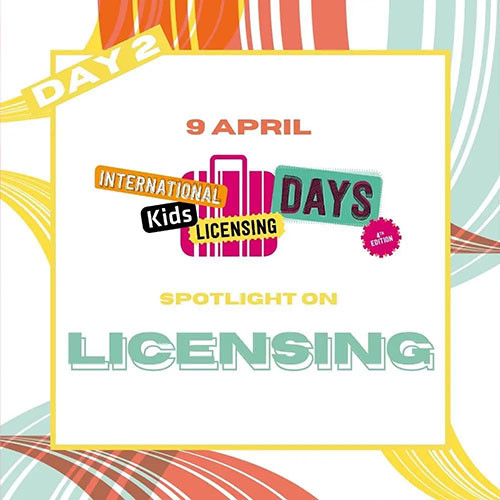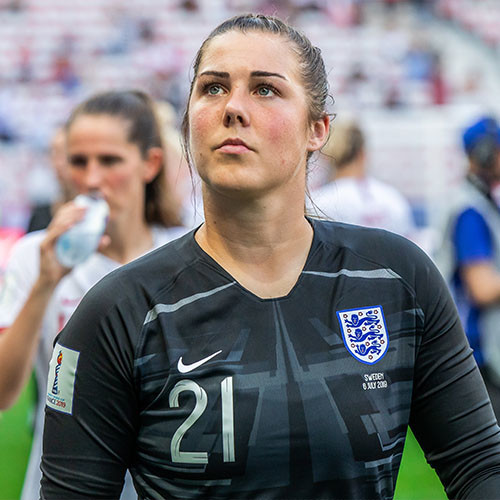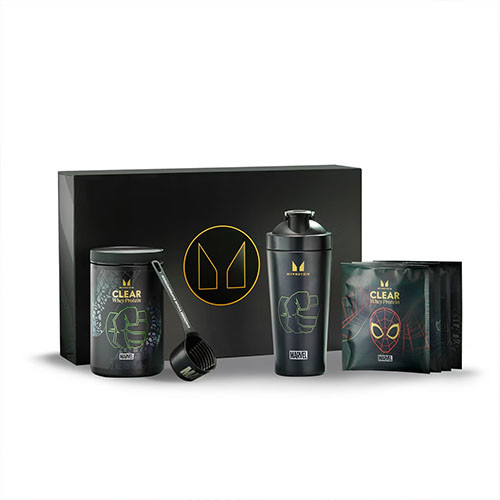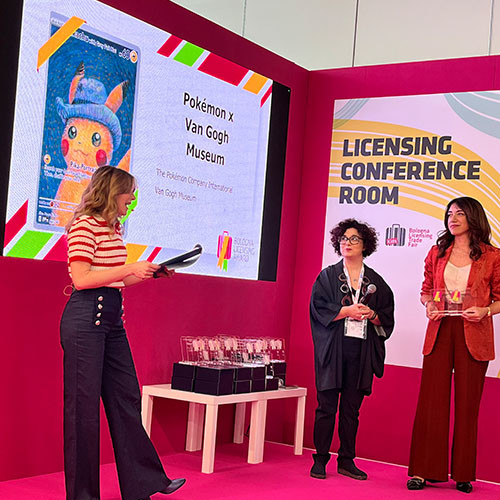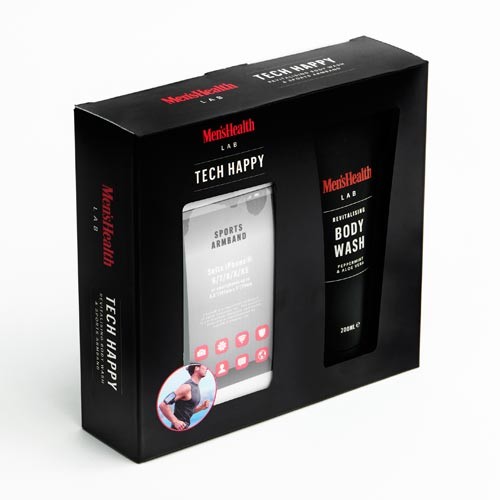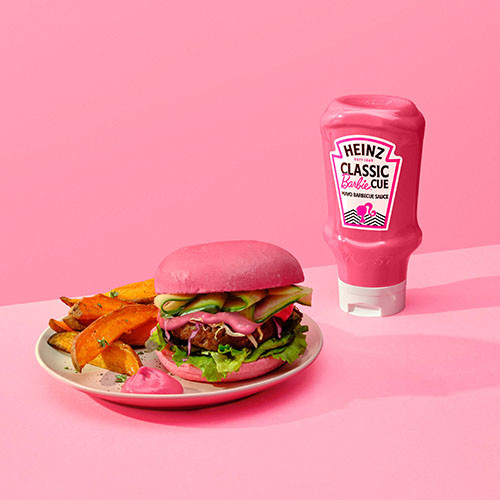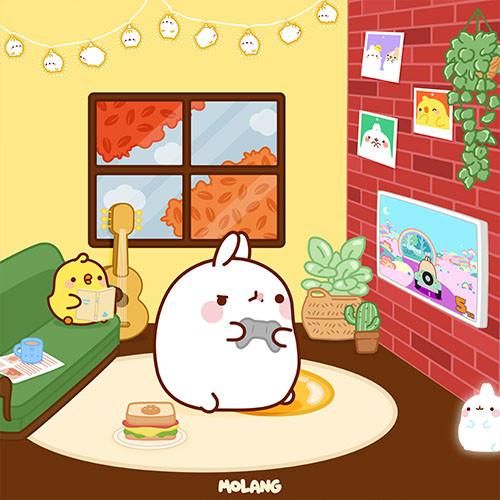Why publishing-based properties are such a rich vein of content for the licensing industry.
Following a surge in sales in 2016, the UK children’s book market has been steadily increasing ever since. The Bookseller reported the market grew by 0.7% in the 12 months to August 2018, with picture book sales rising by 2% YOY.
Those figures are unsurprising when we look at the importance placed on reading for children, particularly in preschool years. A recent report from Childwise showed the average parent spends £7 a month on books for their preschooler (up from £6 last year), with 72 per cent saying they spend on books every month. A solid foundation for young readers.
So the love of reading is strong among UK families and provides the perfect backdrop for books to become successful licensed brands. A handful of publishing properties have been long established in the licensing industry.
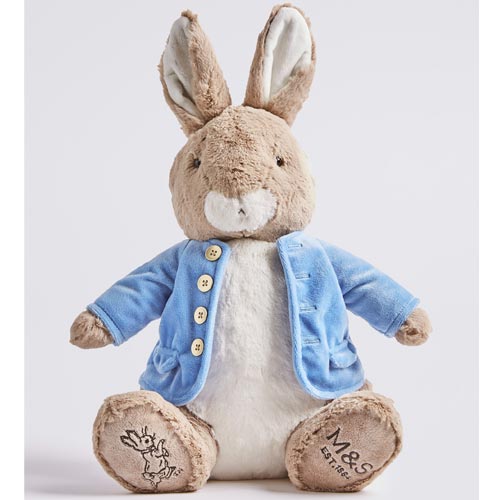
Thomas Merrington, creative director at Penguin Ventures, works with the Beatrix Potter books: “Our licensing programme really began back in 1902 with Beatrix Potter herself. She realised the potential of her Peter Rabbit creation right from the start, making him one of the first licensed literary characters in the world.”
But not all popular books progress into fruitful licensing properties, so what’s the secret to success?
Vicky Hill, licensing director, Bulldog Licensing tells us her key attributes for a strong publishing brand: “Literary titles that have moved into licensing are well-established in the market with very high recognition – making product instantly recognisable to consumers. Illustrations are unique, attractive and easily translate onto products across a number of categories.”
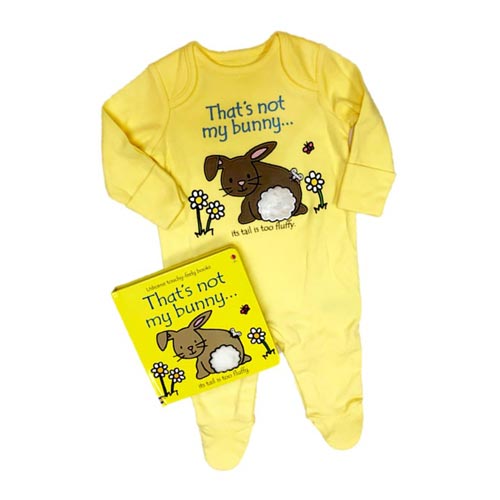
Uncomplicated and timeless stories are part of the recipe for The Very Hungry Caterpillar’s success, as Rob Wijeratna, joint managing director of Rocket Licensing explains: “The attributes of an identifiable demographic, longevity and high awareness, are often important when it comes to creating a licensing success. The simplicity of Eric Carle’s tale of nature and growth gives it a timeless and classic appeal that goes beyond national boundaries, that is renewed with every generation of preschoolers and which forms a strong basis for a licensing campaign.”
An inter-generational readership is key for Stephanie Griggs, licensing and design director, The Roald Dahl Story Company. “In the case of Roald Dahl, we’re fortunate to be viewed as an evergreen brand, which brings a level of consumer trust,” she says. “We’re loved by parents and grandparent, but our core audience – children – feel like the stories are theirs, and they’re discovering them for the first time as a new book that could have been written last week. This multi-generational audience creates a number of purchase touchpoints for both the books and the licensed product.”
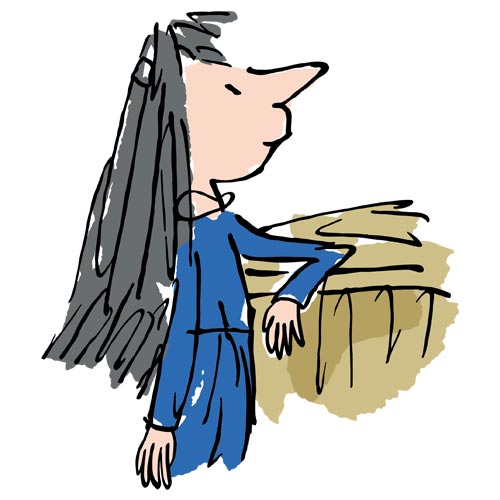
Thomas echoes this sentiment: “The heritage of our IP is key. Our youngest brand is over 30 years old, so these stories and characters resonate with multiple generations – each of which have experienced the stories together as a family – which is incredibly powerful in terms of making lasting memories and securing affection for these literary creations.”
In fact, this is the case for many books which have successfully transitioned into licensing. But as Alex Antscherl, editorial director for Enid Blyton, Hachette Children’s Group explains, it’s key to ensure that licensees are true to the heritage of the brand: “Many fans will have a sense of ownership over a book or character and may feel quite protective of their favourites. Licensed products need to be consistent with the values and the feel of the original property, while still appealing to today’s consumers and newer fans.”
Rob agrees: “Managing a brand like The Very Hungry Caterpillar is managing a cultural icon, so you can’t afford to lose focus. You need to understand the market and be aware of perceptions of the brand when considering partnerships. This brand needs sensitive and intelligent brand management, and we like to think that’s what we offer.”
So with those key attributes in place, publishers and agencies are now exploring innovative ways to engage with their audience in order to further grow their brands. Literary properties are pushing boundaries and licensing into a wider range of categories and media.
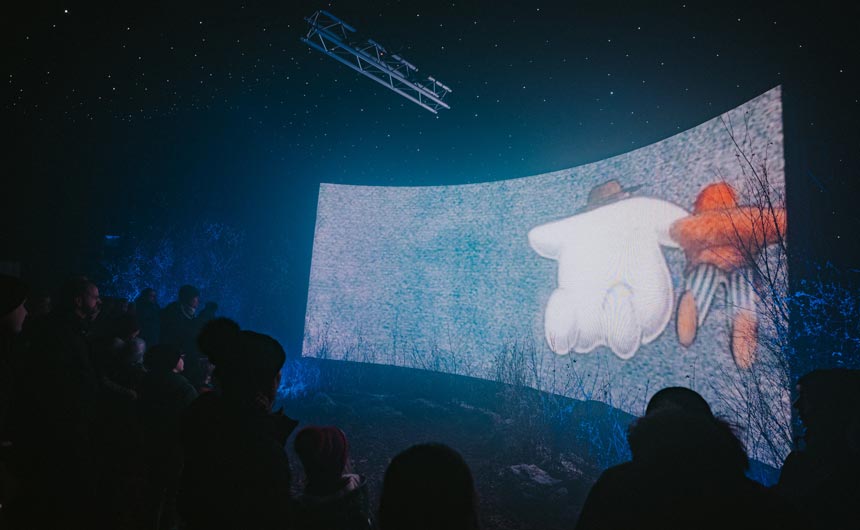
Isobel Richardson, head of brand management at Penguin Ventures, explains: “With the increasing consumer appetite for classic and iconic characters, it’s enabling us to tell the story of these characters in new ways, and take them beyond the books, into areas we night never have thought possible.
“For example for the 40th anniversary of The Snowman, we have a partnership with Backyard Cinema where visitors can experience the film in an immersive environment at Winter Wonderland. So it’s a fantastic way for us to continue to build the brand, in a way that is both relevant and meaningful today.”
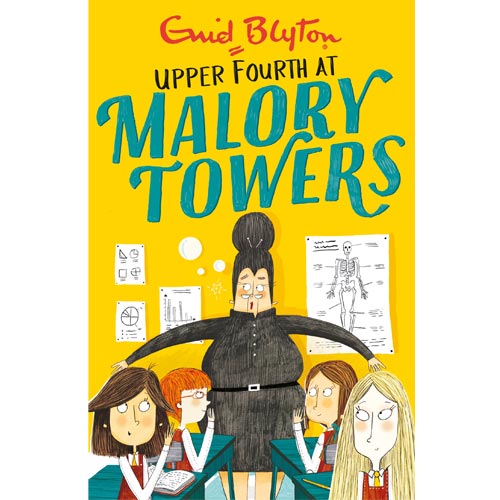
A perspective shared by Hachette Children’s Group if its Malory Towers news is anything to go by. The company has sold the TV adaptation rights for the books (first published in 1946) to King Bert productions, as well as announcing an extension to the original stories with four new books.
As well as more ambitious licensing programmes, there is one particular initiative helping to grow publishing properties.
“Events such as World Book Day, where children are organically engaged with their favourite books and characters, are really putting literary properties front and centre of mind,” says Stephanie.
Rob agrees: “Literary properties are able to tap into retail and marketing opportunities around World Book Day, which is a big date in the licensing calendar each year.”
And, of course, there are wide ranging benefits for licensees when working with publishing properties. Alex comments: “Heritage literary brands, especially in children’s publishing, are linked to happy childhood memories. Evoking that nostalgia can be a powerful sales incentive.”
Vicky concludes: “Literary brands are great for licensees as they are established in the market with great awareness, proven sales and high parental endorsement.”
This feature originally appeared in the spring 2019 edition of Licensing Source Book. To read the full publication, click on this link.











